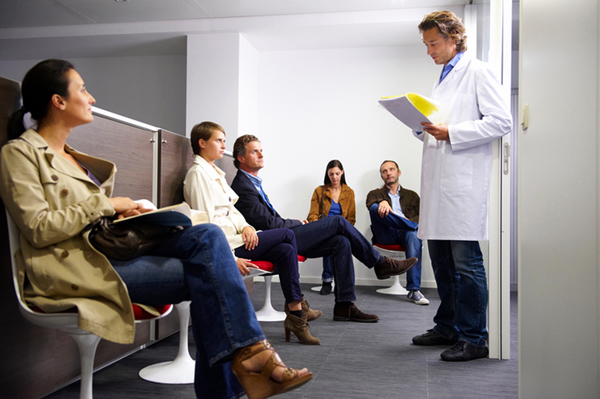- South Texas Students Meet Accordion Music Icons Los Tigres Del Norte In Edinburg Thanks To Khs America/Hohner Alianza Académica Initiative
- Fragile Planet Offers a Nighttime Wildlife Experience
- Falcons Soccer Off & Running
- Cameron County Receives Funds to Improve Two Parks
- Falcons Complete First Half of 32-6A
- School District to Help out Victims of California Wildfires
- Sand Castle Days Continued Despite Unexpected Weather
- Ready for District
- Discussion of Garbage Dumpster Rates, Agreements Between State & City on Highway Regulations, and More
- 31st Annual Shrimp Cook-Off is Right Around the Corner
Texas Program Aims to Make Communities Healthier
- Updated: February 16, 2018

Special grants to 13 Texas clinics will help them work to eliminate the underlying conditions that cause health problems in their communities. Photo: deLossy/GettyImages
by Mark Richardson
HOUSTON – Some community clinics in central and southeast Texas are being asked to “improve health – not just health care” in their areas. A new grant program aims to help the clinics address the underlying conditions in their communities that cause health problems.
The grants from the Episcopal Health Foundation total $10 million. Lexi Nolen, vice president for impact with the foundation says the Texas Community Centered Health Homes Initiative will focus on eliminating the root causes of chronic conditions and poor health.
“A lot of our clinics are focused on issues related to overweight, food insecurity, active living,” says Nolen. “We have a clinic that’s focused on adverse childhood events. So, there’s a range of issues, but these are common problems in lots of communities.”
She says the four year program is investing between $160,000 and $500,000 in each of 13 urban and suburban clinics. To develop programs that improve both individual patients’ health and entire neighborhoods, the clinics will partner with community groups, government agencies, schools and businesses.
Under the initiative, each clinic creates and implements an action plan tailored to its community, with the foundation providing training and technical assistance. Nolen calls it a systematic approach to address and improve the social factors that determine health.
“Different studies have slightly different numbers,” she says. “But the overwhelming majority of what really creates a healthy community has little to do with medical services. It’s much more about the conditions in which people live, work, play, and interact with each other,” says Nolan.
Nolen believes it doesn’t do much good to treat people if you keep sending them back into the conditions that make them sick. She says the ultimate goal is to reduce illness and injury, cut the demand for medical services, and make and keep communities healthy.
